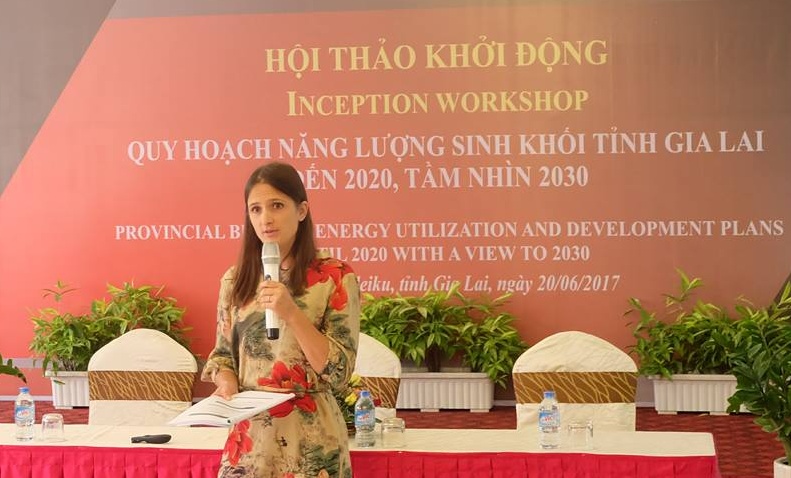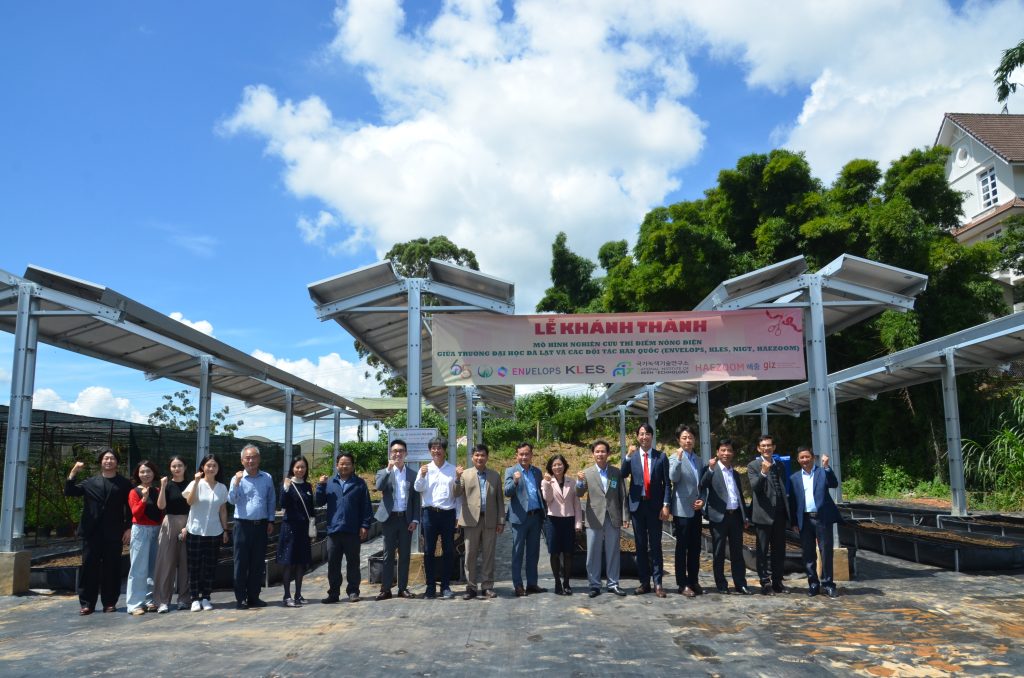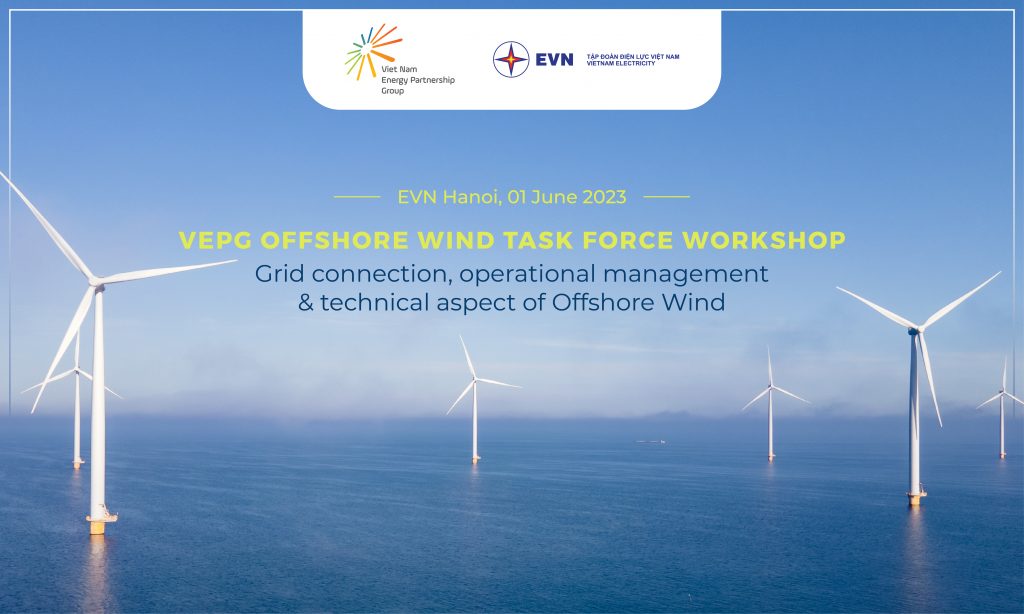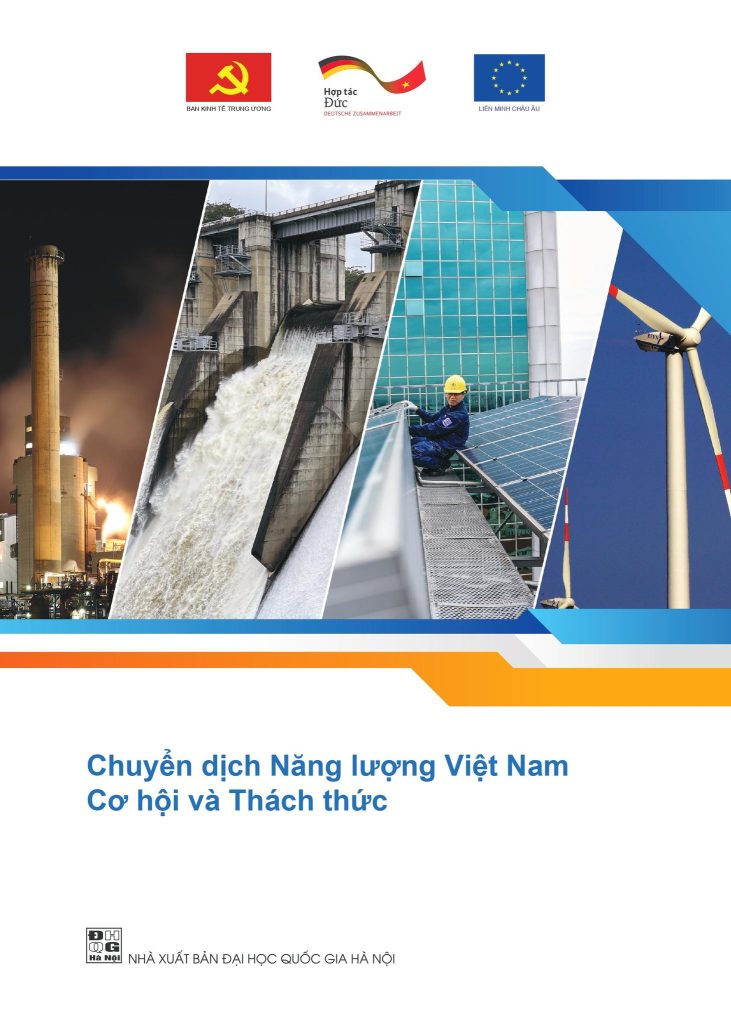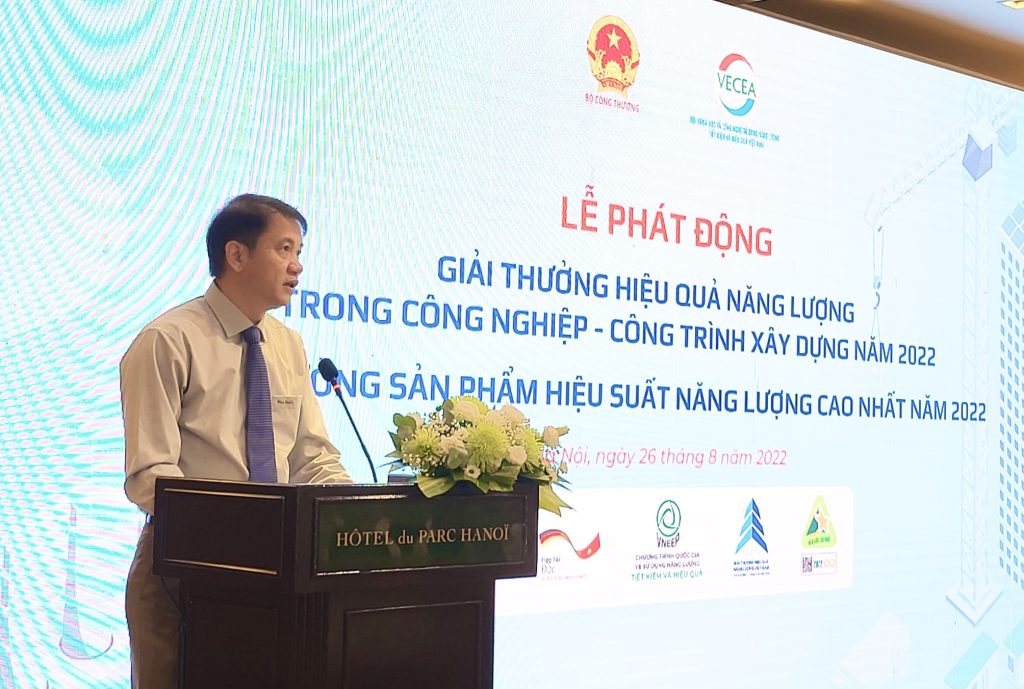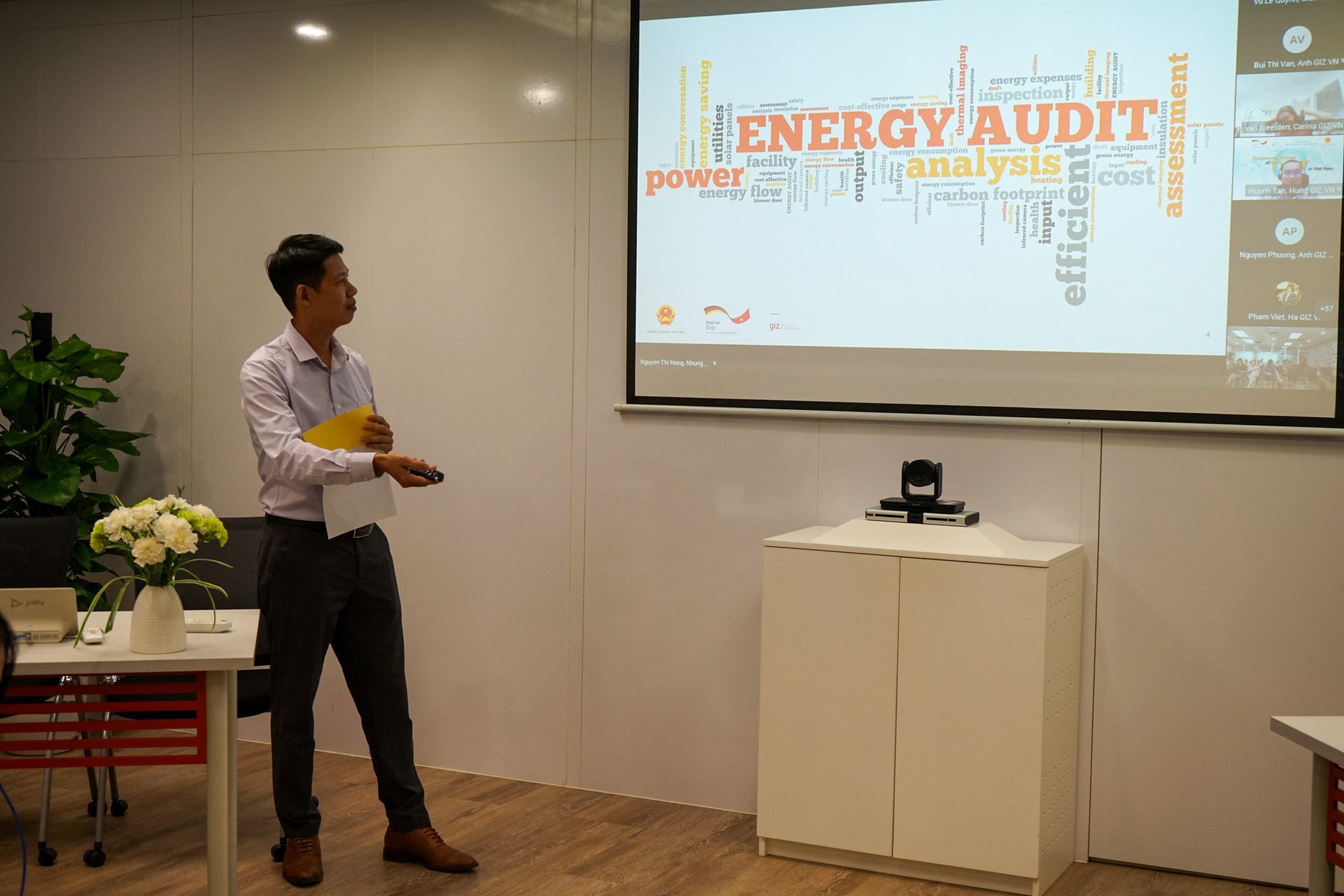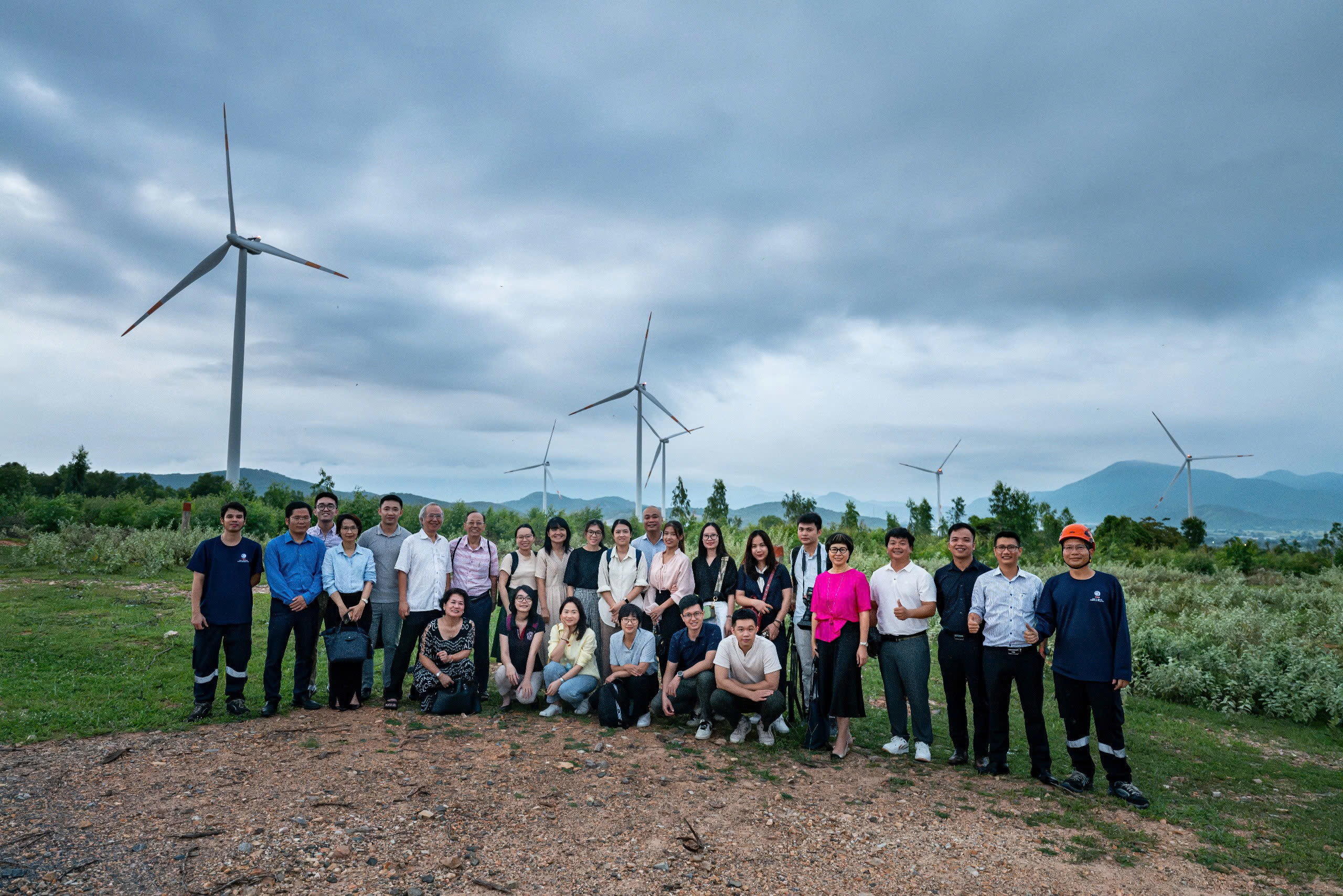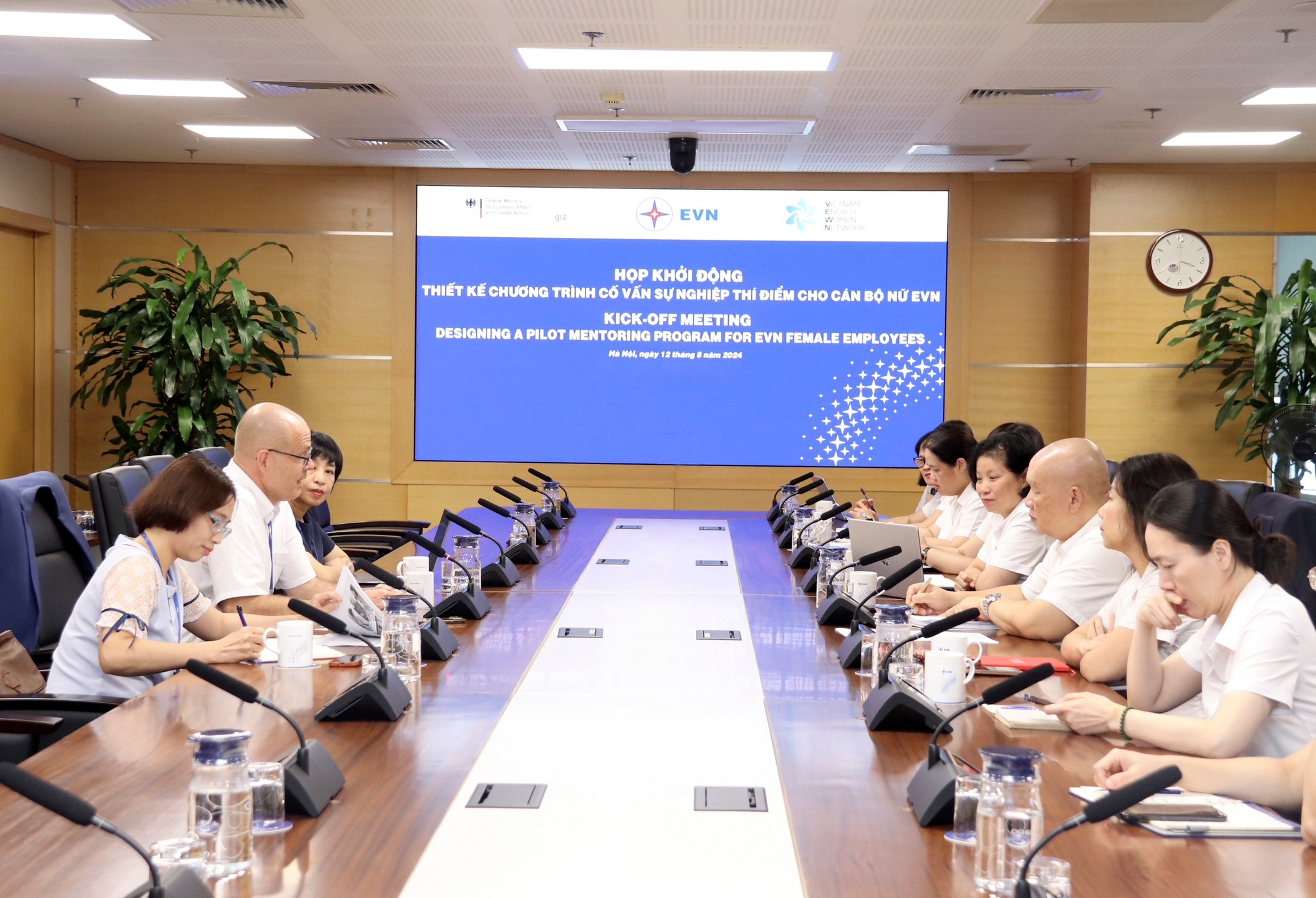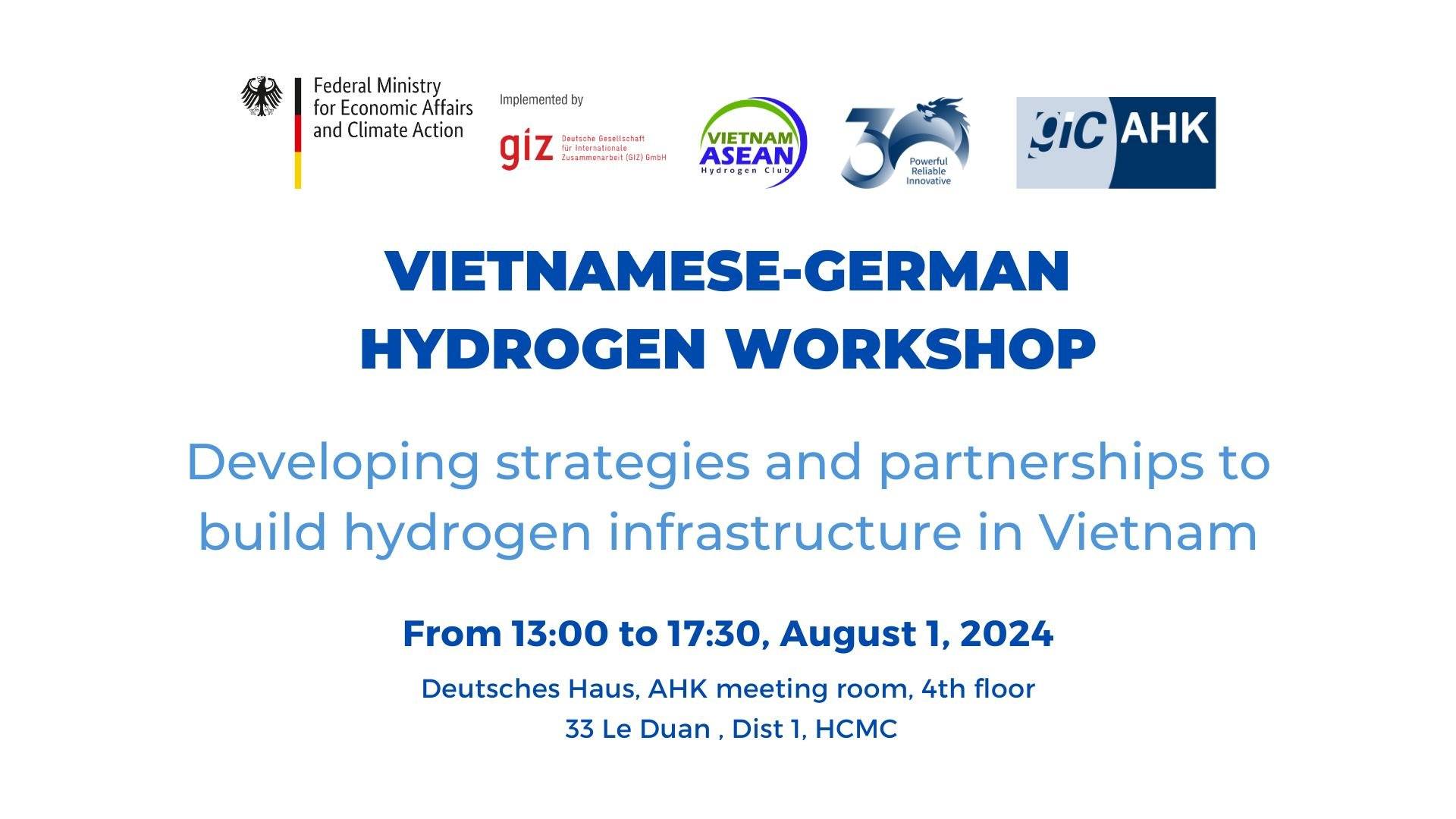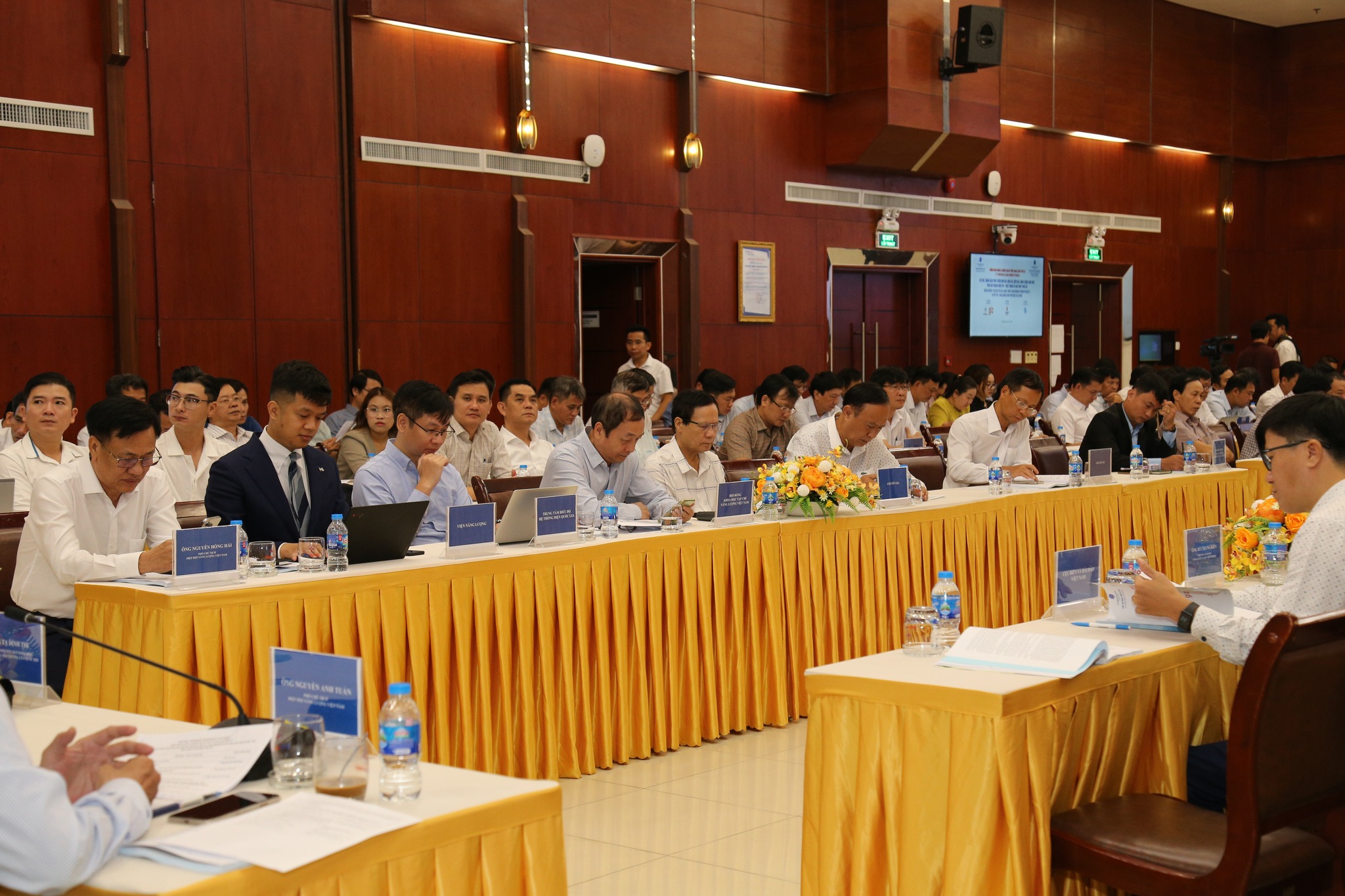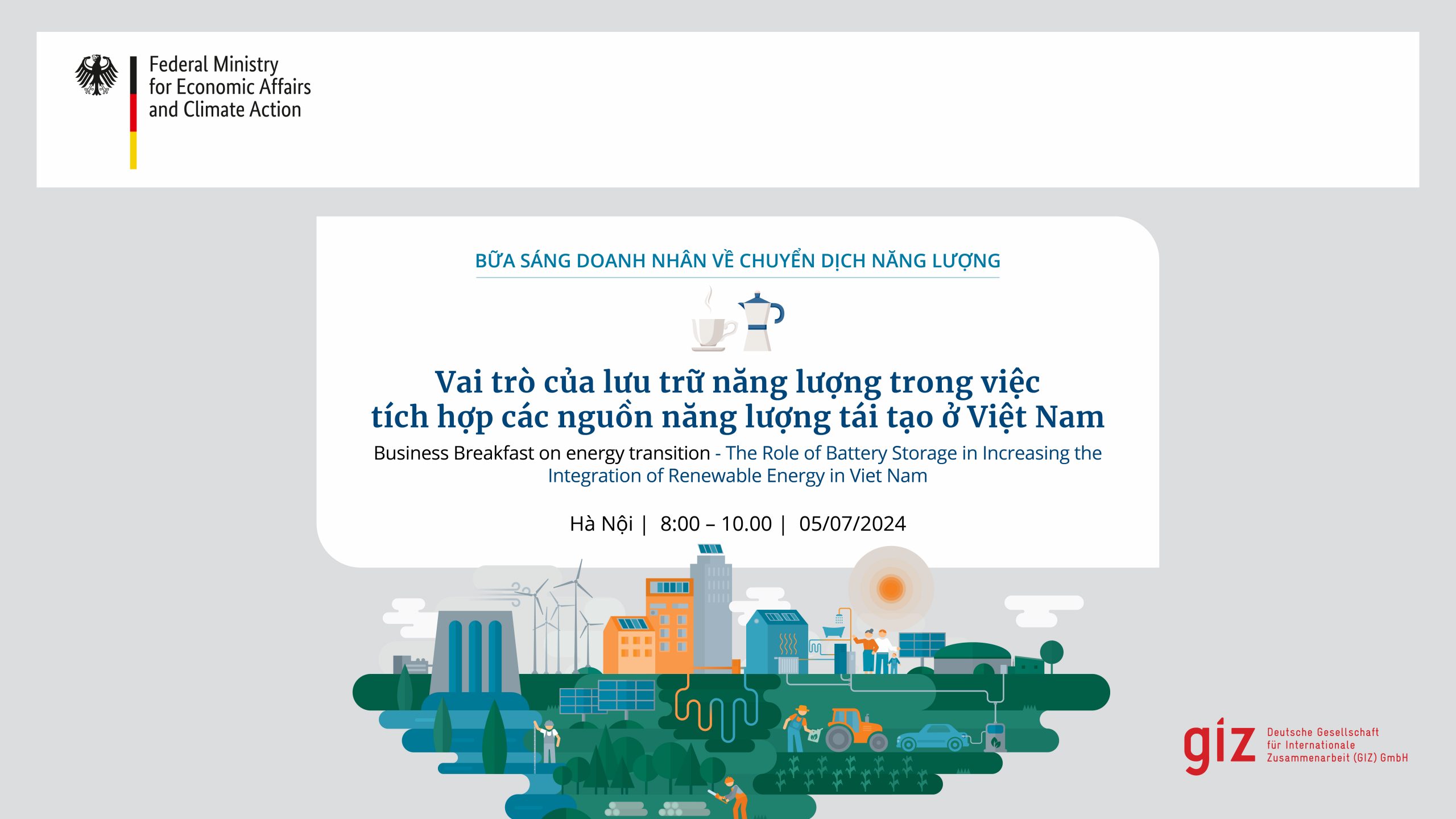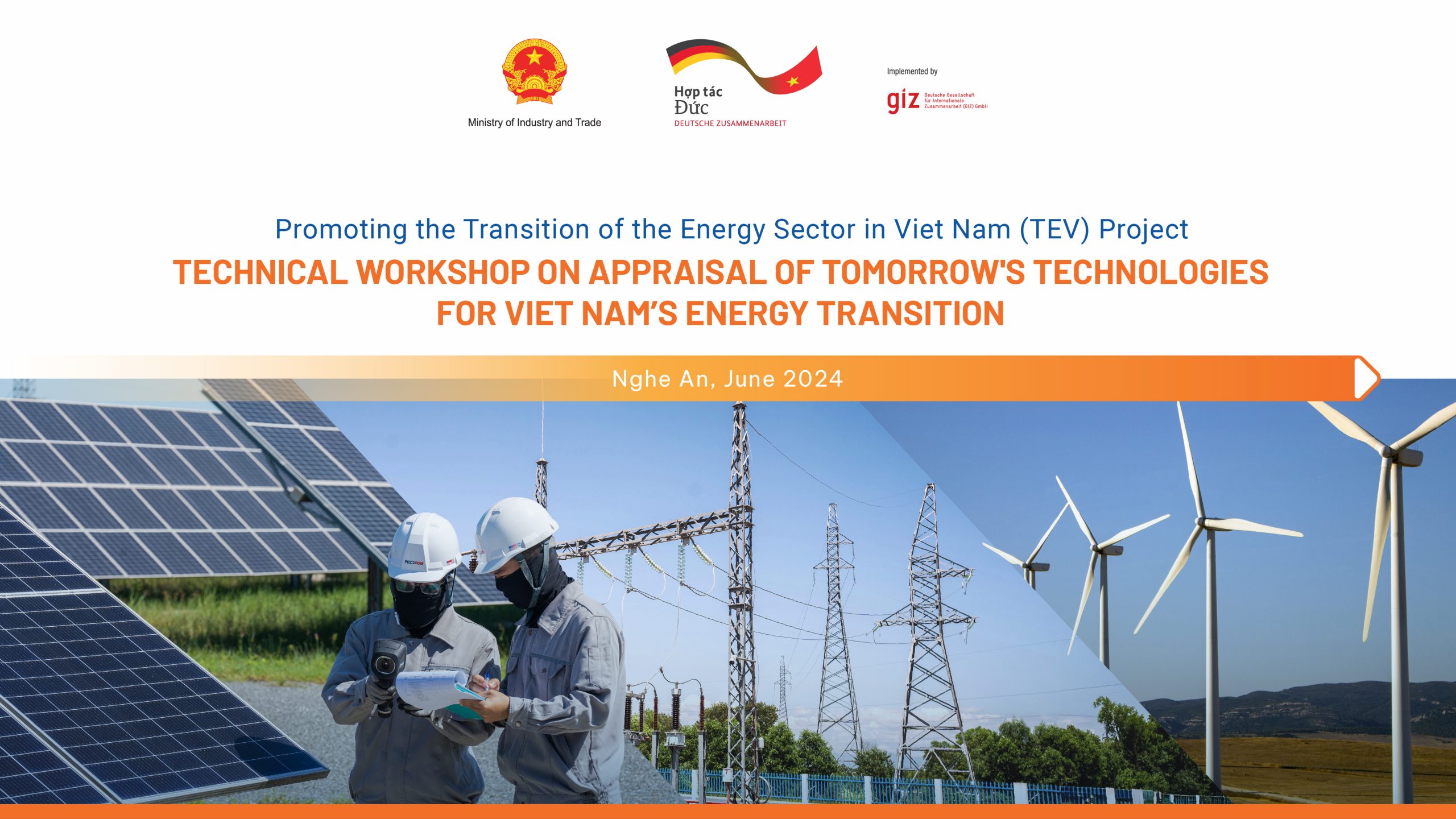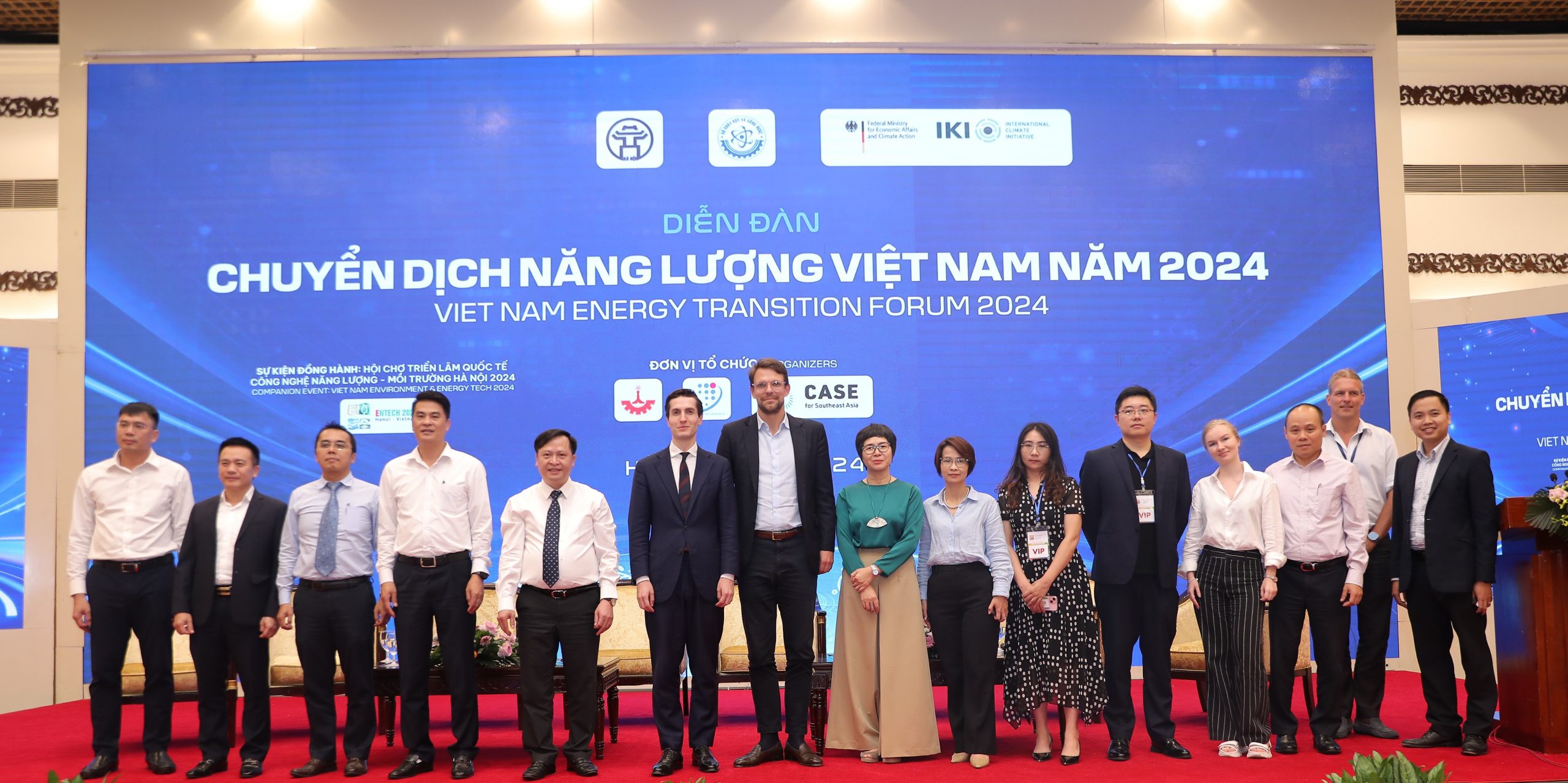On 22 June, 50 participants including government officials, investors and experts in energy sector in An Giang province gathered in a workshop to discuss for the first time about the development of Provincial Biomass Energy Planning. The inception workshop was organized within the framework of the Climate Finance Ready Vietnam (CF Ready) Project, which is implemented by the Deutsche Gesellschaft für Internationale Zusammenarbeit (GIZ) GmbH on behalf of the German Federal Ministry for Economic Cooperation and Development (BMZ), USAID and Ministry of Environment of the Czech Republic in close cooperation with the General Directorate of Energy of the Ministry of Industry and Trade.
Two days ago, on 20 June, GIZ and Department of Trade and Industry in Gia Lai province organized a similar workshop on Provincial Biomass Energy Planning for Gia Lai.
At the workshops, participants had a chance to learn about biomass resource assessments and planning methodologies. Experts shared the view that if being exploited effectively, biomass sources will help the province reduce its dependence on traditional electricity sources, its carbon emissions and environmental pollution. Furthermore, biomass energy production can also generate additional income for companies, farms, and households participating in the biomass supply chain.
”Both An Giang and Gia Lai province have a stable source of raw materials from agriculture, agro-industry, energy wood and wood waste. There is huge potential for biomass energy development in the two provinces. These workshops are one of the first steps in our activities to support the two provinces to develop a concrete Provincial Biomass Energy Planning, which, we believe will be crucial in helping the province to best utilize the biomass residues for energy production, and increase private investment in the biomass sector”, said Ms. Sonia Lioret, Head of Project, GIZ Renewable Energy and Energy Efficiency Project.
In the second part of the workshops, representatives of the Institute of Energy presented key achievements and next steps to develop biomass energy use in Viet Nam. German international consultant company IfaS also shared views on environmental, economic and social impact assessments for biomass projects.
Following the inception workshop, local and international experts from the project will visit selected sites and plants in Gia Lai and An Giang province in order to conduct interviews with local stakeholders and collect data.
Moreover, GIZ also supports the development of the Biomass Energy Project Development Guidelines and the National Biomass Energy Development and Utilization Planning for the Period of 2020 with vision to 2030. It is expected that these will be major and useful references for stakeholders who take part in investment and development of biomass energy projects in Viet Nam.
According to the National Power Development Plan (PDP) VII, the Government of Viet Nam has set out the targets for the production of electricity from biomass to increase from 0.16% of the total power production in 2016 to 1% by 2020 and 2.1% by 2030 respectively. Recent scientific research has shown that by end of 2014, Viet Nam could have exploited approximatedly 20.67 million tons of wood energy and 52.91 million tons of agriculture residues (mainly rice husk, straw and bagasse). If all of these biomass residues can be effectively exploited and utilized for energy production, it can not only help to achieve the biomass power production targets but can also reduce the country’s GHG emission and environmental impacts and contribute to rural develpment.



